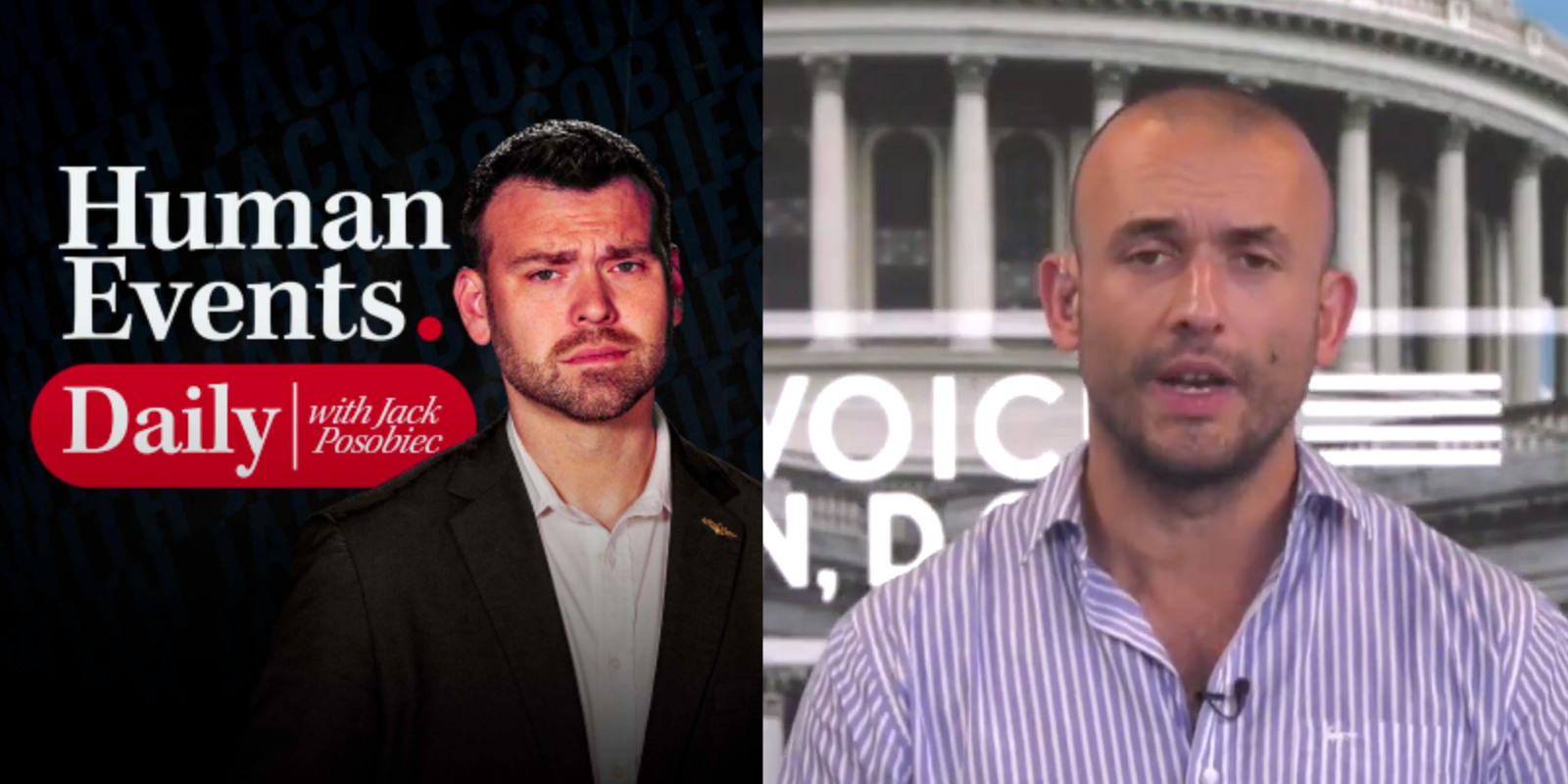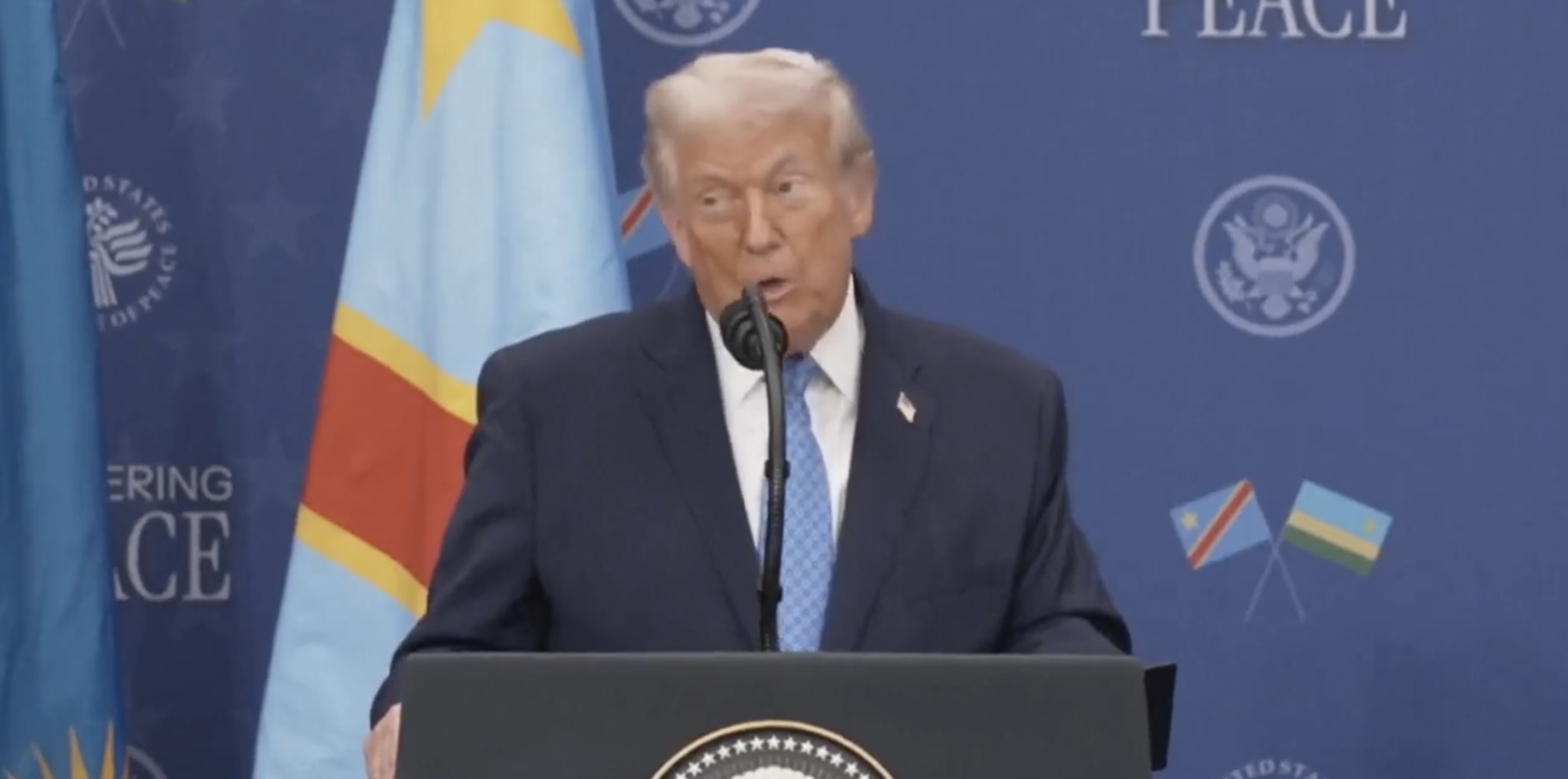I just returned home from the Las Vegas MoneyShow, an annual trek that I feel both honored and privileged to take part in.
One of the things I like most about attending the MoneyShow is what I learn from the attendees. It is through “taking the pulse” of individuals who attend the show that I can get a great read on what the general mood is among investors, what they are most concerned about right now and how and where they are positioning their money.
The most dominant theme/takeaway for me this year was the apparent lack of investor exposure to international equities.
Now, for the past six months or so, I’ve been writing about how I thought international equities were going to outperform U.S. equities in 2015. That notion has thus far proved prescient, as stocks in broad-based international exchange-traded funds (ETFs) such as the iShares MSCI EAFE Index (EFA) are up 12.5% year to date, compared with stocks in the S&P 500, which are up just 3.2%.
Despite this outperformance, many investors I spoke with seem reluctant to take out their fiscal passports and go where the performance resides.
This is a mistake that I do not want my readers to make.
Right now, the tailwinds in place driving European, Chinese, Japanese and emerging market equities are far stronger than those at home.
In fact, by comparison, there are many more headwinds than tailwinds facing the United States.
The main headwind for U.S. stocks, which also is a tailwind for Europe, China, Japan and emerging markets, is central bank policy.
Here at home, the Fed is just waiting for enough data so that it can justify its first interest rate hike in more than seven years. By contract, the European Central Bank (ECB) just this week reiterated its commitment to continuing its own form of “QE” (quantitative easing) via its own bond-buying program.
Then there are China and Japan, which also have central banks willing to make more easy money available to their respective markets. Now, I am not saying this is necessarily going to help their respective economies. What I am saying, however, is that in terms of nominal equity prices, there is no doubt that this is where the performance is.
If you have been on the sidelines with respect to international equity exposure, now is the time to take a hard look at this situation. If you want your portfolio to provide you with big returns, you need to have some exposure to the best international markets.
Now, I do realize that navigating international market waters isn’t the easiest task out there, but that’s where my Successful ETF Investing newsletter can help. In this service, we currently recommend a variety of ETFs that offer investors all sorts of exposure to international markets.
If you are confused about how to invest internationally, Successful ETF Investing is just what the doctor ordered.
[youtube
Amis on Self Criticism
“Self criticism must be my guide to action, and the first rule for its employment is that in itself it is not a virtue, only a procedure.”
— Kingsley Amis
Knowing yourself and being able to criticize yourself is crucial to becoming a better person. Yet doing so shouldn’t be looked at as a virtue. Rather, it should be thought of as a task you undertake constantly to help you hone your personal blade. Think of it this way and you’ll be on the road to heightened self-improvement before you know it.
Wisdom about money, investing and life can be found anywhere. If you have a good quote you’d like me to share with your fellow Weekly ETF Report readers, send it to me, along with any comments, questions and suggestions you have about my audio podcast, newsletters, seminars or anything else. Ask Doug.
In case you missed it, I encourage you to read my e-letter column from last week on Eagle Daily Investor about the effects of April’s jobs data on the market. I also invite you to comment in the space provided below my Eagle Daily Investor commentary.





